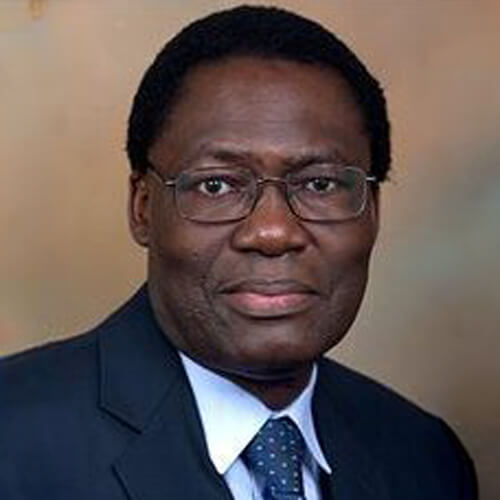
College of Science, Technology, Engineering & Mathematics
College of Science, Technology, Engineering & Mathematics
Play a Critical Role in Solving Real World Problems
Join some of the most exciting frontiers of science, innovation and technology
The fields of science, technology, engineering and mathematics (STEM) are the backbone of our global society. STEM fields are deeply rooted in innovation and discovery. From finding new energy sources to working on the cutting edge of medicine and robotics, STEM careers will always be in demand and offer the opportunity to play an integral part in the betterment of our world. EKU offers exceptional programs developed to meet the growing needs of STEM industries and to provide our graduates with a competitive advantage in the job market.
Learn More
College of Science, Technology, Engineering & Mathematics Departments

Discover our STEM Facilities
A hands-on discipline requires a hands-on approach. In the College of STEM, you can expect to get out of the classroom and into your field of study on a regular basis. EKU is proud to offer top-tier labs and facilities across all STEM majors.
Student Stories & Features
Message from Dean, Dr. Tom Otieno
Welcome to the College of Science, Technology, Engineering, and Mathematics at Eastern Kentucky University. Whether you are a current student, prospective student, parent, alumnus or friend, I hope that you will enjoy learning more about our college as you explore this website.
We are committed to building upon the existing strengths of the people, places and programs of the units within the college to establish and sustain a supportive environment, that values diversity and inclusion, where students, faculty and staff can excel.
Student success is of utmost importance to us. We strive to provide our students with an educational experience, both inside and outside the classroom, which prepares STEM majors for a career in a competitive STEM field and provides non-majors with a firm foundation in science and mathematics to enable them to succeed in their chosen majors.

I invite you to visit us on campus to see and experience first-hand what the College of Science, Technology, Engineering, and Mathematics has to offer.
– Dr. Tom Otieno, Dean of the College of Science, Technology, Engineering and Mathematics
College of STEM Mission, Vision & Values
Vision
Transforming lives through excellence in STEM disciplines.
Mission
The mission of the College of Science, Technology, Engineering, and Mathematics is to enhance STEM literacy for all students; provide majors with knowledge and skills to achieve their goals; advance knowledge through basic and applied research and innovation; and support our community’s STEM needs through service and engagement.
Core Values
Quick Links
Upcoming Events
News & Updates
EKU Joins $20-Million CLIMBS Project to Build Climate Resilience in Kentucky
It’s Not All CSI: Myths and Facts about Forensic Science
From EKU’s Meadowbrook Farm to Case Dining Hall
Contact Information
College of Science, Technology, Engineering & Mathematics
Science Building
859-622-1405
stem@eku.edu


